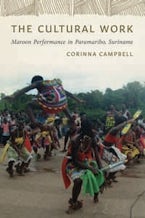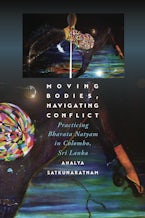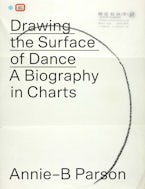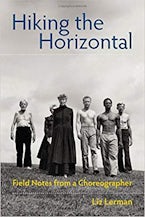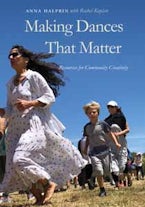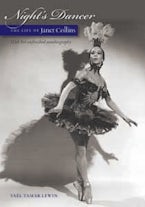- Home
- Wesleyan Dance
- performing arts
- social science
- Done into Dance

The larger-than-life story of an American dance icon.
This cultural study of modern dance icon Isadora Duncan is the first to place her within the thought, politics and art of her time. Duncan's dancing earned her international fame and influenced generations of American girls and women, yet the romantic myth that surrounds her has left some questions unanswered: What did her audiences see on stage, and how did they respond? What dreams and fears of theirs did she play out? Why, in short, was Duncan's dancing so compelling? First published in 1995 and now back in print, Done into Dance reveals Duncan enmeshed in social and cultural currents of her time — the moralism of the Progressive Era, the artistic radicalism of prewar Greenwich Village, the xenophobia of the 1920s, her association with feminism and her racial notion of "Americanness."
Preface
Acknowledgements
Prologue: Done into Dance
The Dancing Body
The Natural Body
The Expressive Body
The Female Body
The Body Politic
Epilogue: Twilight of an American Goddess
Ann Daly is Associate Professor of Dance History/Criticism at The University of Texas at Austin and author of Critical Gestures: Writings on Dance and Culture (Wesleyan, 2002). Done into Dance received the Outstanding Publication Award from the Congress on Research in Dance.
"Richly informative and beautifully written, her book will be of interest to all students of American culture."
~Rena Sanderson, Weber Studies
""Richly informative and beautifully written, her book will be of interest to all students of American culture.""
~Rena Sanderson, Weber Studies
""A remarkable milestone in dance scholarshipThe author's synthesis of exhaustive research and the extraordinary scope of the scholarship—rendered in crisp, lively prose accessible to a broad readership—make this work unique among books about Duncan[Done Into Dance] will be of interest to scholars of dance, American studies, women's studies, and the arts in general""
~C.W. Sherman, Choice

